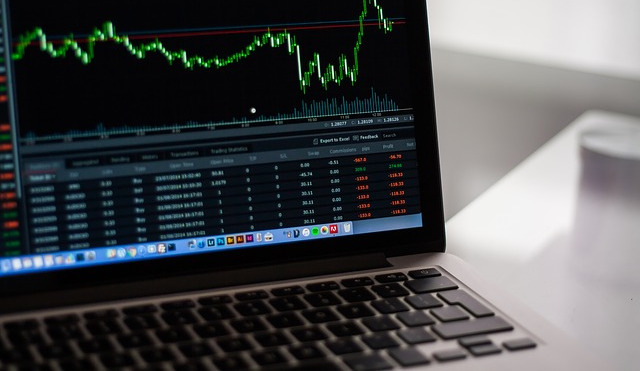Publications
Tax Guides
Share Trading Income
On mobile / tablets please use landscape mode to view tables better
Click on the links to view the section

Intraday Trading
Intraday trading in shares involves buying and selling shares on the same day without taking delivery of the shares. Day traders make profits or incur losses from intraday price movements. The activity of day trading is different from investing. In the case of intraday trading, a trader does not intend to hold the stock and remain invested. The trader intends to make gain from the intraday movement in the price of the stock.
The intraday trading activity is not an investing activity and the profits and losses are not capital gains or capital losses. The tax on long-term and short-term capital gain or loss is specified with specific holding period, specific tax rates, carry forward and set off of loss (for information check our guide on Capital Gains and FAQ on set off and carry forward of loss).
Income-tax on Intraday trading
Profits or losses arising from intraday trading in shares are not taxable as capital gains. Such profits or losses are taxable speculative business income. While reporting the income or loss for tax purposes, the trader can claim deductions for expenses incurred for the purpose of carrying on intraday trading. The expenses which you can claim include brokerage, Demat charges, telephone and internet expenses, rent for premises, STT, subscription to magazine etc.
The income from intraday trading is part of an individual’s gross total income and taxable as per the income slab rates. However, in case you have a loss from intraday trading, such loss can be set off only against speculative income in the same year. The amount of speculative loss which cannot be set off is eligible for carry forward for a period of 4 years succeeding the assessment year. Such brought forward loss can be set off only against any speculative income in any of the 4 years.
Income-tax filing
Unlike capital gains from investing which are taxed at concessional tax rates or eligible to indexation benefits or tax exemptions, the intraday trading gains are fully taxable. The gains are taxable as per the income slab rates:
| Income slab | Tax rate |
|---|---|
| 0 to Rs 2.5 lakh | Nil |
| Above 2.5 lakh to Rs 5 lakh | 5% |
| Above 5 lakh and to Rs 10 lakh | 20% |
| Above Rs 10 lakh | 30% |
The individual can claim the benefit of tax deductions such as Section 80C, 80D and other eligible deductions. The individual can also claim rebate under section 87A in case of income below Rs 5 lakh.
In the case of intraday losses, the loss can be carried forward only by filing an income tax return, within the due date.
Futures and Options
Trading in futures and options or derivatives trading amounts to business. Income from the trading of futures and options is business income. The income is normal business income and not speculative in nature. The profit is taxable at income from business at the normal slab rates.
Income/loss from futures and options
The income/loss from F&O trade is the turnover reduced by expenses. The turnover is the sum of:
-
- favorable and unfavorable differences
- Premium received on sale of options is to be included in turnover
- In respect of any reverse trades entered, the difference thereon, forms the part of the turnover
The turnover is the aggregate of the positive and negative differences irrespective of whether the difference is positive (profit) or negative (loss). For example, Mr X bought 500 units of stock futures @ Rs 5,00,000 and sold them at Rs 6,00,000. Mr X also bought 200 units of options @ Rs 2,00,000 and sold them for Rs 1,50,000. Here he incurred a loss of Rs 50,000 and a profit of Rs 1,00,000 on the futures trade. The total turnover is the aggregate of the differences i.e., 1,00,000+50,000 = Rs 1,50,000.
Presumptive taxation
F&O trades are covered under the presumptive method of taxation. The profit declared should be at least 6% of the turnover in which case you do not need a tax audit. In case your profit is less than 6%, then you should get a tax audit done. In case you have loss from F&O, and your other income such as salary exceeds the basic exemption limit, you need a get a tax audit of the F&O transactions.
Tax Audit
Under income-tax, you need to get an audit of your transactions if their value exceeds Rs 2 crore. The turnover for intraday trading is the aggregate of absolute profits reduced by losses incurred on the day trades. The Tax Audit report should be certified/ digitally signed and submitted by a Chartered Accountant.
